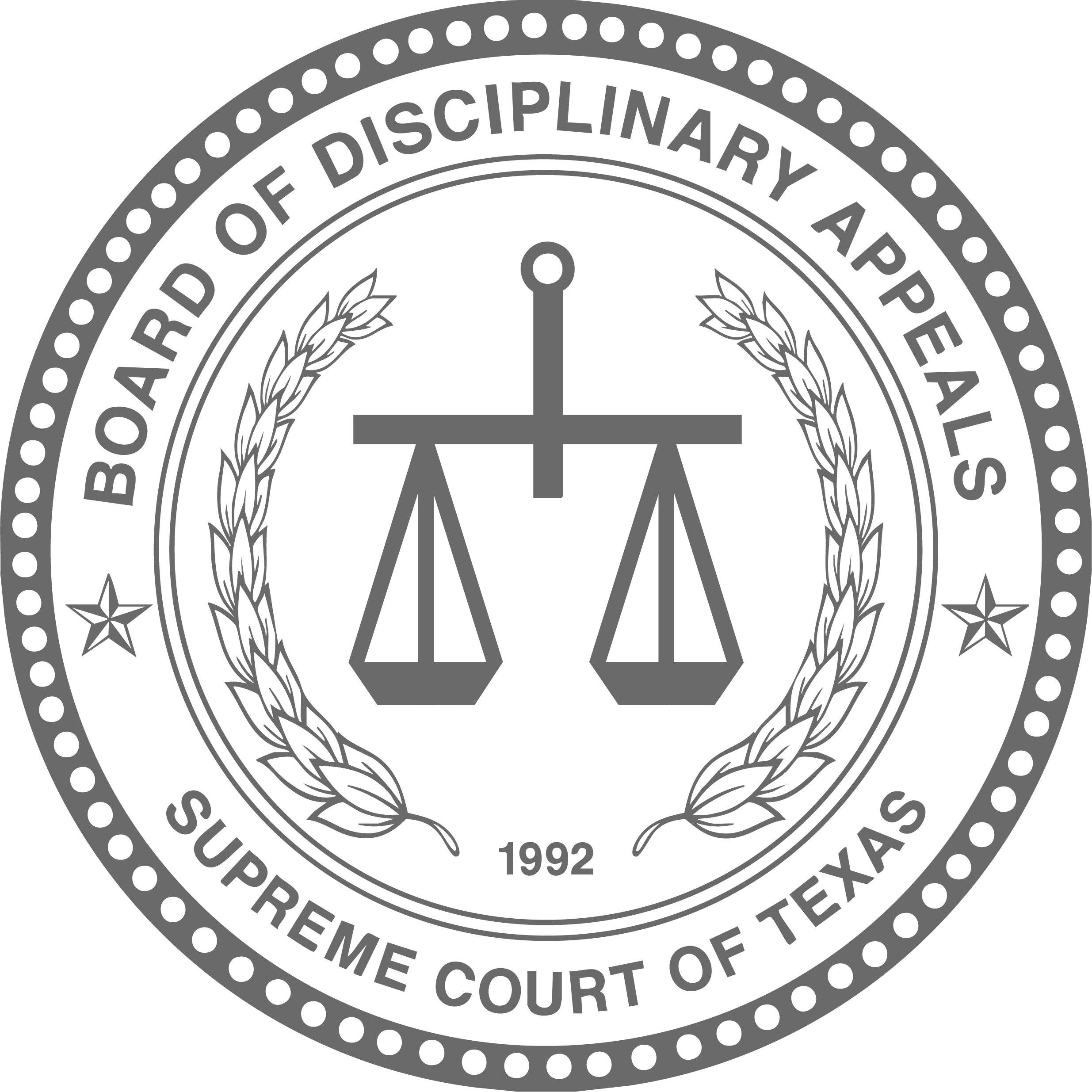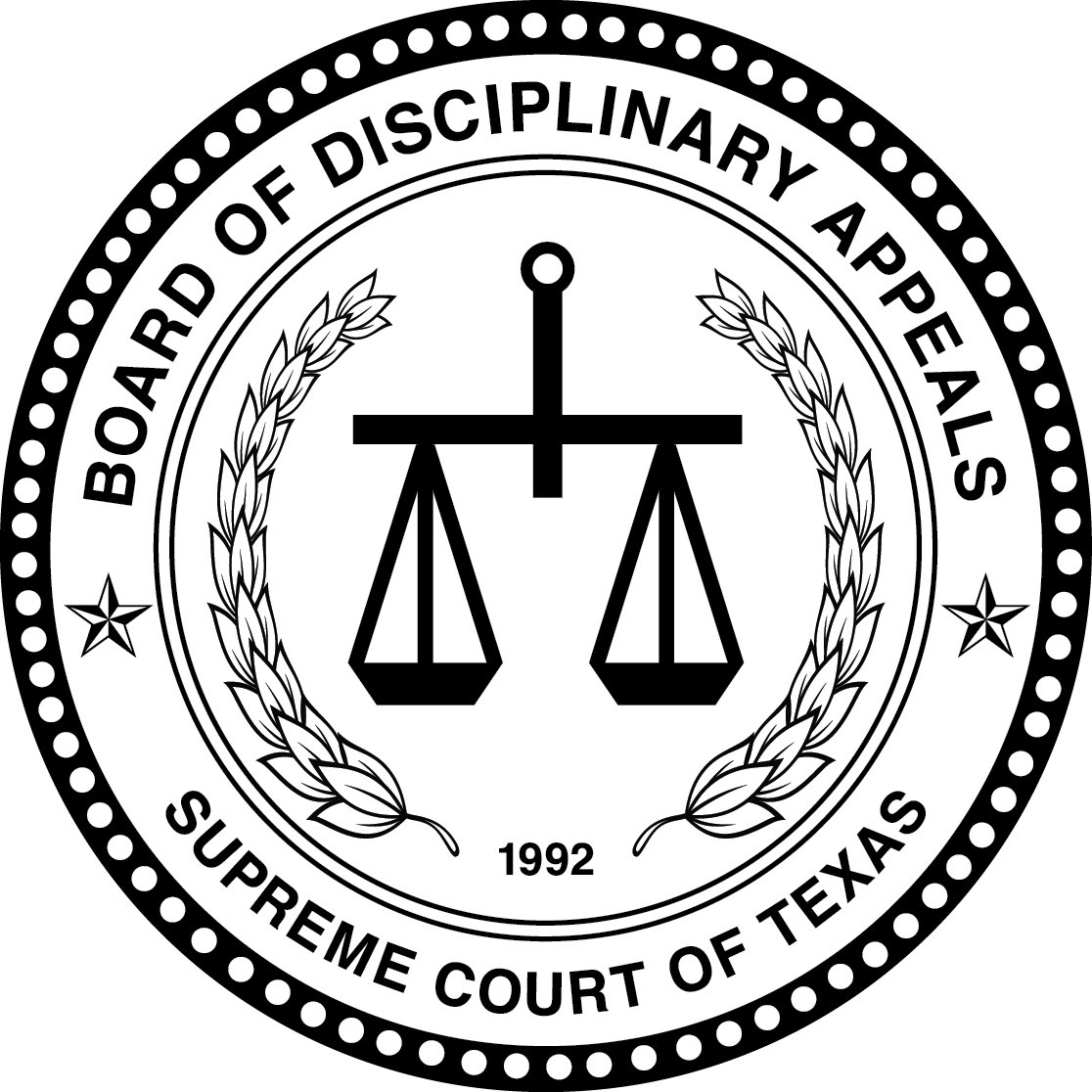The Supreme Court of Texas appointed Tanner Neidhardt of Dripping Springs to the Board of Disciplinary Appeals on September 26, 2025.
The Board of Disciplinary Appeals is a statewide independent adjudicatory body of twelve attorneys appointed by the Supreme Court of Texas to hear certain attorney discipline cases and to promote consistency in the interpretation and application of the rules governing the practice of law. The Board exercises exclusive original jurisdiction as to cases involving reciprocal discipline, compulsory discipline, revocation of probation, and disability suspension. The Board exercises appellate jurisdiction as to grievance screening decisions by the State Bar of Texas Chief Disciplinary Counsel’s Office and disciplinary judgments issued by District Grievance Committee evidentiary panels. Since its inception in 1992, the Board has heard and decided over 71,000 disciplinary matters.
BODA
- Log in to post comments












